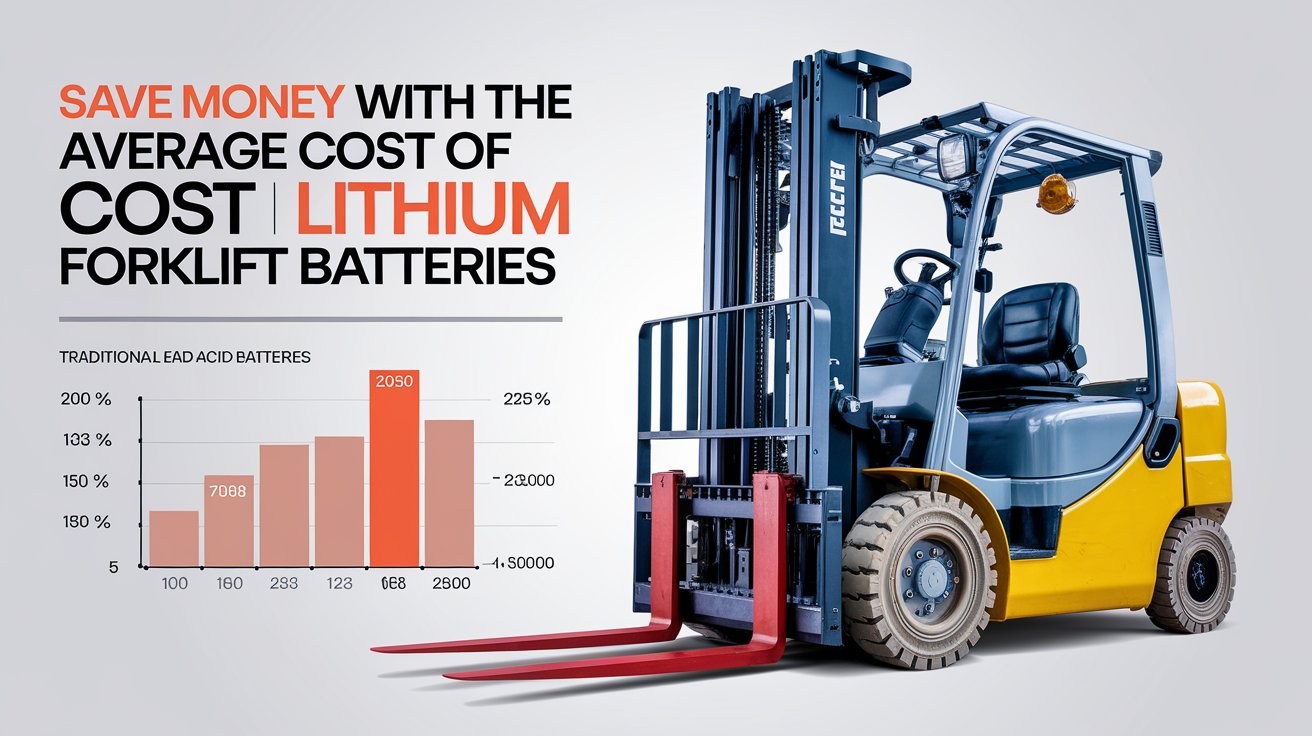
The lithium-ion battery price per kg has been a significant area of focus as industries move towards sustainable energy solutions. Tracking the price of lithium-ion batteries provides insight into cost trends for sectors such as electric vehicles (EVs), energy storage, and consumer electronics. Over the last five years, the industry has witnessed substantial fluctuations in lithium-ion battery prices, largely due to technological advancements, economies of scale, and raw material costs. This article delves into the past five years' price trends, presents future price forecasts, and highlights the competitive performance and cost-effectiveness of SpiderWay’s LFP (Lithium Iron Phosphate) batteries.
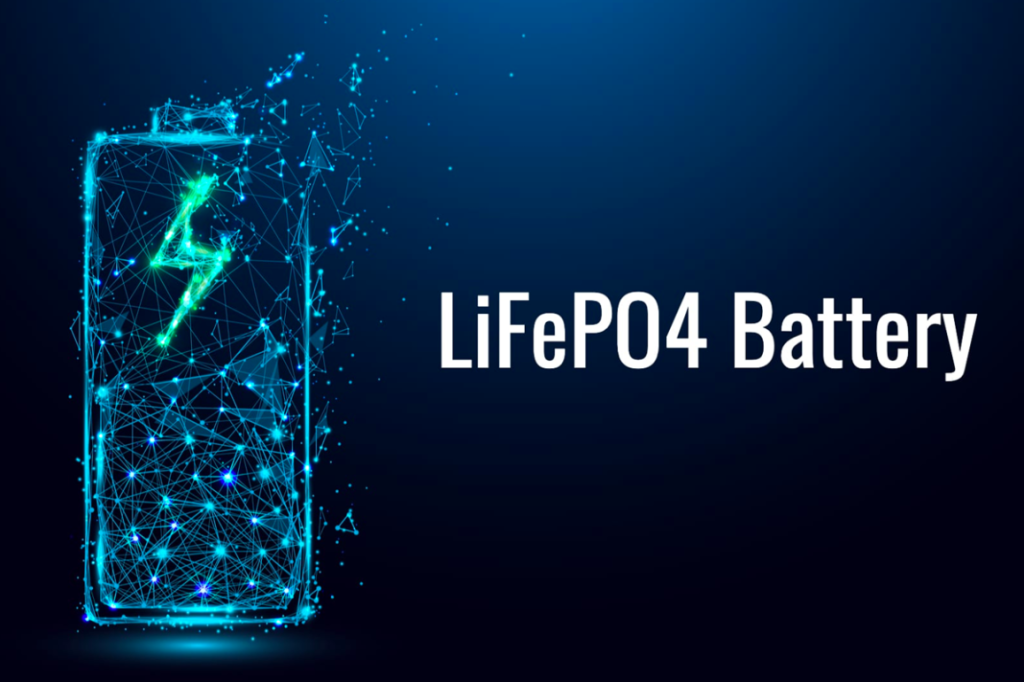
Lithium-Ion Battery Price Trends (2019 - 2023)
| Year | Price per kg (USD) | Price Change (%) | Major Factors Impacting Price |
|---|---|---|---|
| 2019 | $160 | - | Moderate demand, stable production costs |
| 2020 | $150 | -6.25% | Increasing production efficiency, stable lithium prices |
| 2021 | $140 | -6.67% | Improved manufacturing processes, rise in electric vehicle adoption |
| 2022 | $135 | -3.57% | Technological advances, moderate raw material cost increases |
| 2023 | $132 | -2.22% | Lithium scarcity impacting price stability, steady EV demand |
Over the past five years, lithium-ion battery prices have steadily declined, albeit at varying rates each year. Initially, the decrease was driven by technological advancements and increased manufacturing efficiencies. However, as demand surged, prices stabilized due to the scarcity of lithium and supply chain constraints.
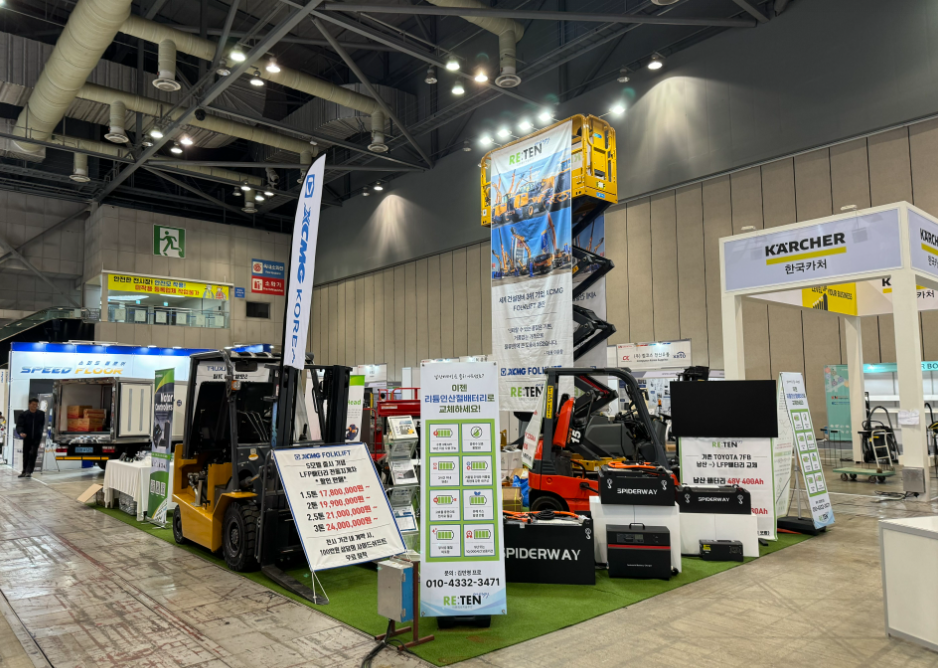
Forecast: Lithium-Ion Battery Price per Kg (2024 - 2034)
Looking ahead, the price of lithium-ion batteries is expected to decrease gradually, influenced by factors such as alternative materials, recycling initiatives, and production innovations. The following table provides a 10-year forecast based on current industry trends and technological developments.
| Year | Projected Price per kg (USD) | Forecasted Change (%) | Expected Market Impact |
|---|---|---|---|
| 2024 | $130 | -1.52% | Gradual shift to alternative chemistries, expanded production capacity |
| 2025 | $127 | -2.31% | Increased recycling, new material supply lines |
| 2026 | $124 | -2.36% | Lower production costs through automation, raw material optimization |
| 2027 | $120 | -3.23% | Advanced battery designs, increased adoption in emerging markets |
| 2028 | $117 | -2.50% | Market saturation in EVs, stabilization of raw material costs |
| 2029 | $115 | -1.71% | Incremental manufacturing improvements |
| 2030 | $112 | -2.61% | Decreased reliance on lithium, rise in solid-state batteries |
| 2031 | $110 | -1.79% | Enhanced recycling, localized production reduces costs |
| 2032 | $107 | -2.73% | Further innovation in materials, global supply chain efficiencies |
| 2033 | $105 | -1.87% | Production and recycling cost savings |
| 2034 | $102 | -2.86% | Market stabilization, widespread adoption of new battery chemistries |
Note: These forecasts are subject to market variables, including technological advancements and regulatory changes promoting battery recycling and sustainability.
Why Choose SpiderWay LFP Lithium-Ion Batteries?
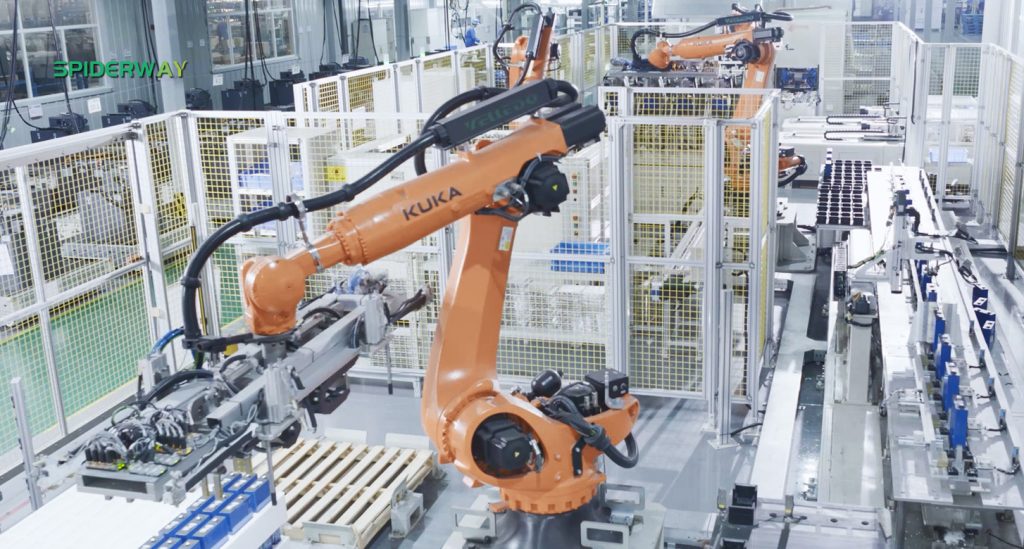
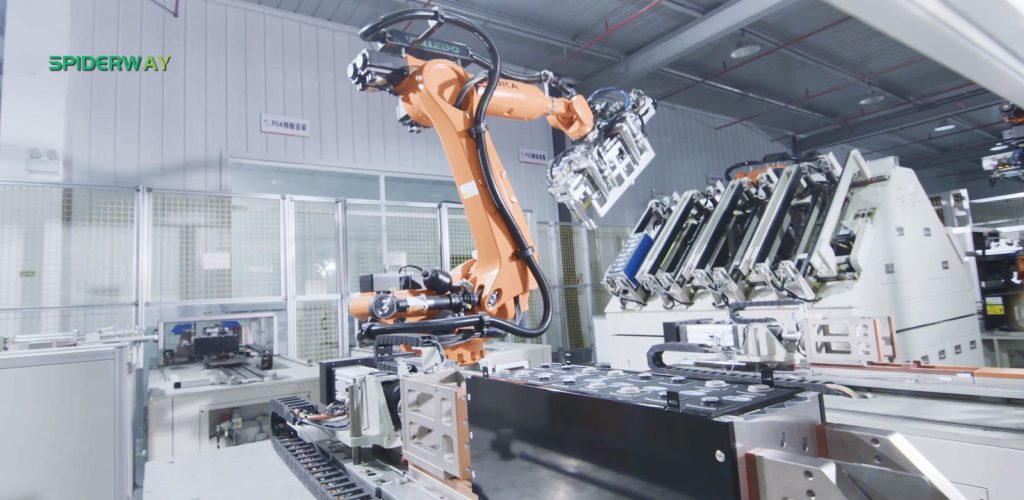
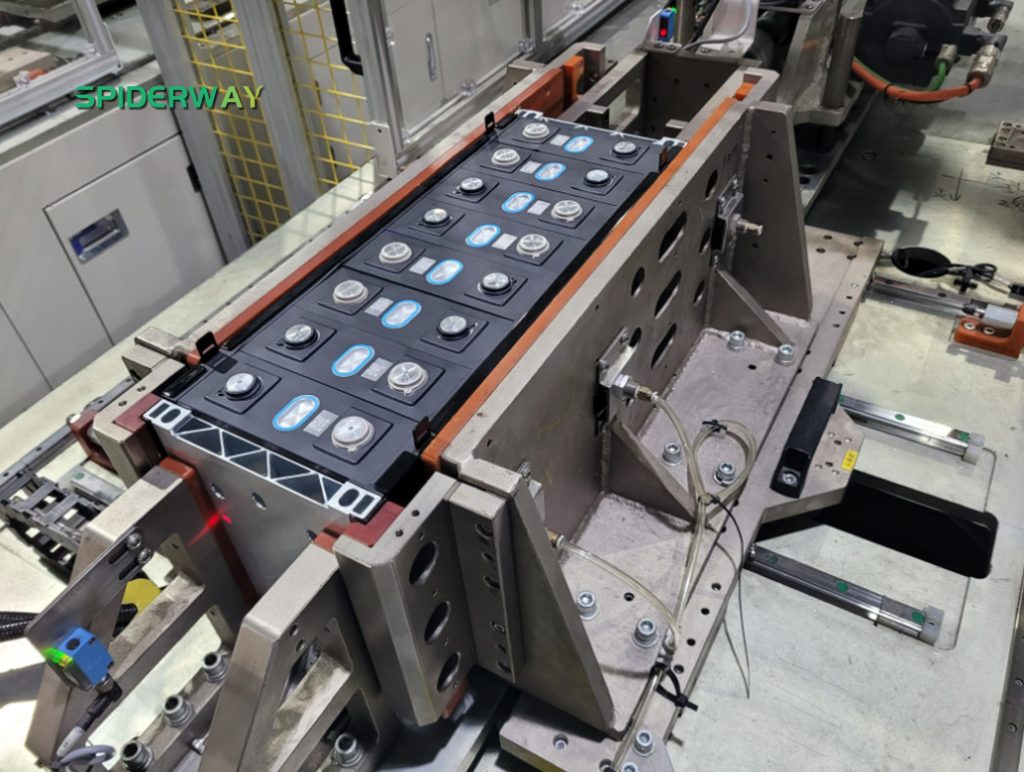
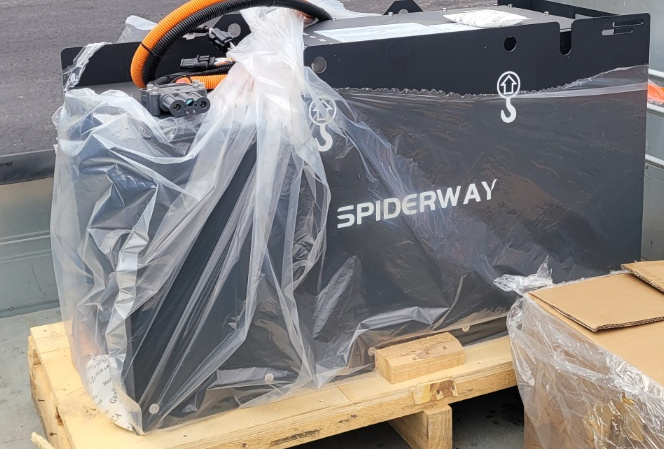
SpiderWay's LFP (Lithium Iron Phosphate) batteries offer superior energy stability, a longer life cycle, and are safer compared to traditional lithium-ion chemistries. As the industry seeks cost-effective alternatives, LFP batteries stand out for their affordability and reliable performance, especially for industrial applications. With SpiderWay’s LFP batteries, clients benefit from:
- Competitive Price per kg: Designed for cost efficiency, SpiderWay LFP batteries are an economically viable choice, especially in high-demand markets.
- Enhanced Safety: Built with stable thermal and chemical structures, reducing risks of overheating and combustion.
- Long Cycle Life: Ideal for applications requiring prolonged usage, such as EVs and industrial equipment.
The lithium-ion battery price per kg has shown a steady downward trend due to ongoing technological innovations and economies of scale. As the industry continues to evolve, LFP batteries from SpiderWay provide an optimal balance between price and performance, making them an excellent choice for customers looking for both quality and value.
https://www.spider-way.com/lithium-ion-battery-price-per-kg-five-year-price-trend-analysis-and-10-year-forecast/?feed_id=13&_unique_id=67208bde4476a
Comments
Post a Comment